
Dr Nunzianda Frascione
Senior Lecturer in Forensic Science
Research interests
- Forensics
Biography
As part of King’s Forensics, the Forensic Biochemistry group headed by Dr Nunzianda Frascione investigates the nature and evidential use of forensic trace evidence such as biological fluids, touch DNA and fingermarks. Such traces are often the most important forms of evidence encountered within forensic casework and their presence may help support or refute victim, suspect or witness claims about events.
Dr Frascione is the King’s Forensics Biochemistry group lead. Her expertise in trace evidence detection is invaluable to the wildlife group. She is currently first supervisor on the PhD project investigating fingermark development methods on seized wildlife items and is also researching infrared methods for meat identification as part of the Republic of Zimbabwe Police collaboration. This research is vital since bushmeat trade has emerged as a severe threat to the viability of wildlife in Zimbabwe and conservation in general.
Specialist expertise: The group works closely, both on a technical and operational level, with police forces, forensic providers and government-associated laboratories on several research streams: The development of biosensors for the detection of biological evidence – Current methods for their detection of body fluids on evidential surfaces are costly and time-consuming. The purpose of this project is to develop a number of ‘turn-on’ fluorescent probes that can be sprayed onto items in order to simultaneously locate and identity different types of biological evidence. Biological fluid aging – Uncertainty over the time that a blood deposit was made has led to the rejection of forensically valuable evidence in the past. Using fluorescence lifetime monitoring, our group is currently developing an accurate method to determine the time since creation of bloodstains and other biological evidence. Studying the nature of ‘touch DNA’ – This project aims to determine the source of DNA transferred by touch; study the variability both between and within individuals and ultimately develop a method of extraction and amplification to maximise the potential of gaining usable DNA profiles from this evidence. Synthesis and use of forensic ‘taggants’ – The use of forensic ‘taggant’ technology to physically or chemically mark objects for the purpose of identification is becoming a significant part of national crime reduction strategies. Taggants may be able to prevent or monitor criminal offences such as theft, counterfeiting and the trafficking of drugs or explosives by associating an object with a specific piece of information. Our group specializes in the development and deployment of novel taggant materials.
Research
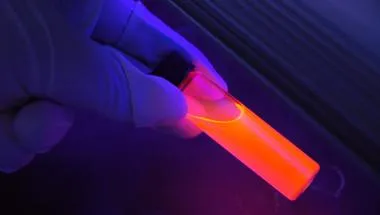
Forensic & Analytical Science
Research in analytical and forensic toxicology and forensic investigations.
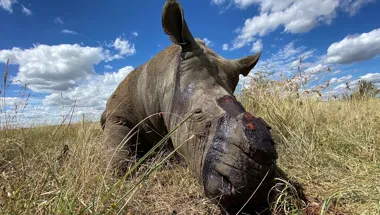
Tackling illegal wildlife crime through the development of novel methods for fingermark analysis
We have a training project in Zimbabwe ‘the use of fingerprints to combat wildlife crime’. This research project is the next stage to find improved methods.
Project status: Ongoing

International Forensics
The international forensics group has a wide remit to look at evidence from international sources, providing data to support research in criminal justice.
News
Bolashaq Scholarship Programme continues its success at King's Forensics
Another successful iteration of scholarship holders from Kazakhstan have graduated from King’s Forensics Bolashaq bespoke programme in Forensic Science, Law,...
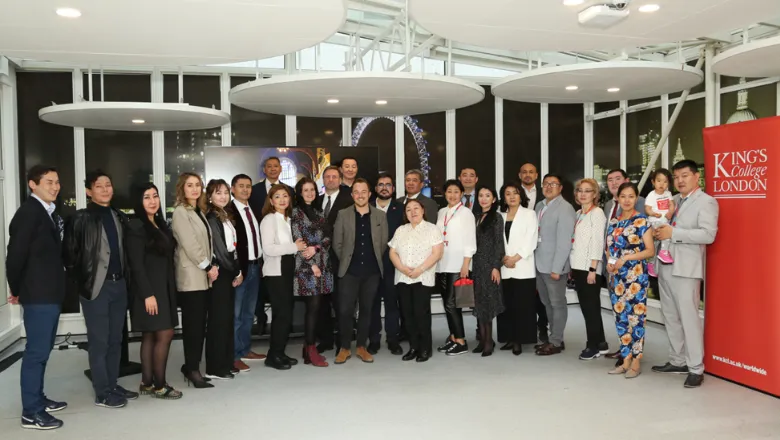
New method to detect and visualise sperm cells recovered from forensic evidence
The technique aims to significantly reduce the cost and amount of time needed to screen items of evidence in cases of sexual assault.
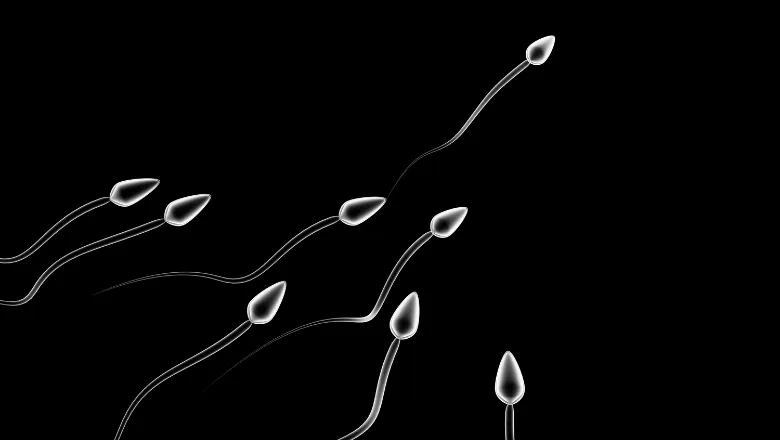
King's Forensics continues successful collaboration with the Government of Kazakhstan
Twenty-eight Kazakh forensic experts have graduated from a King’s Forensics programme designed to help facilitate reform of Kazakhstan’s justice sector.
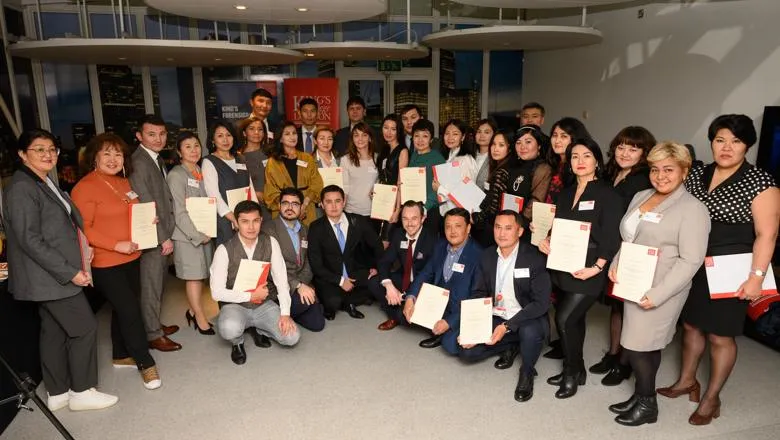
Researchers receive EPSRC grant to develop biosensor for the detection of coronavirus
The new technology will be used to quickly recognise surfaces contaminated with the virus.
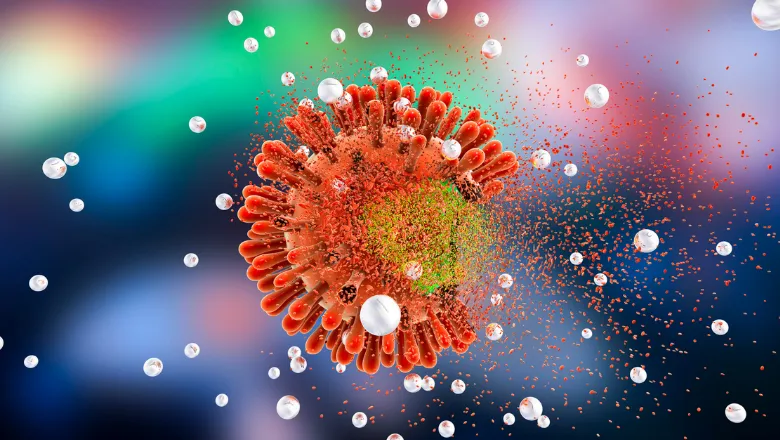
King's Forensics broadens collaboration with Kazakhstan through online teaching and research
King’s Forensics is successfully continuing its long-lasting collaboration with the Ministry of Justice of Kazakhstan despite restrictions imposed by the...
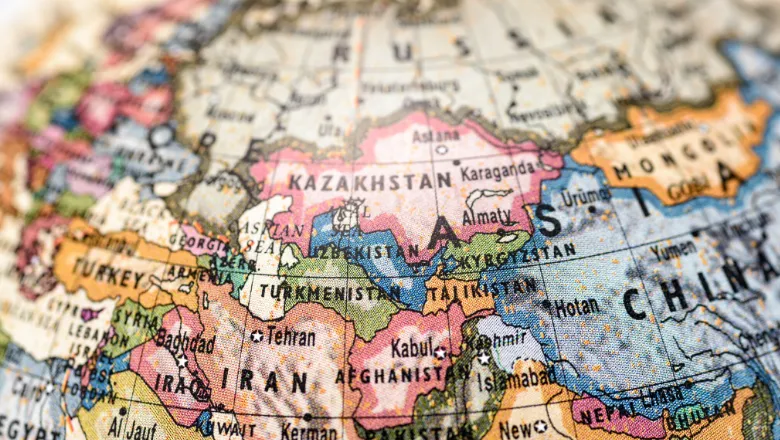
King's Forensics expands collaboration with the Government of Kazakhstan
King's Forensics has won a contract from the Government of Kazakhstan to help reform its justice sector.
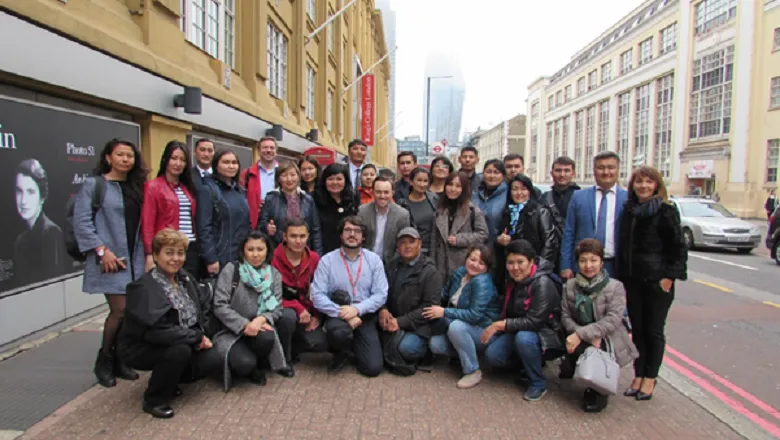
Features
Science meets historic art: forensic biochemistry uses modern techniques to reveal artist's painting methods
Researchers from King's Forensic Biochemistry research group collaborate with the Science Division at the Victoria & Albert Museum to forensically analyse the...

Research

Forensic & Analytical Science
Research in analytical and forensic toxicology and forensic investigations.

Tackling illegal wildlife crime through the development of novel methods for fingermark analysis
We have a training project in Zimbabwe ‘the use of fingerprints to combat wildlife crime’. This research project is the next stage to find improved methods.
Project status: Ongoing

International Forensics
The international forensics group has a wide remit to look at evidence from international sources, providing data to support research in criminal justice.
News
Bolashaq Scholarship Programme continues its success at King's Forensics
Another successful iteration of scholarship holders from Kazakhstan have graduated from King’s Forensics Bolashaq bespoke programme in Forensic Science, Law,...

New method to detect and visualise sperm cells recovered from forensic evidence
The technique aims to significantly reduce the cost and amount of time needed to screen items of evidence in cases of sexual assault.

King's Forensics continues successful collaboration with the Government of Kazakhstan
Twenty-eight Kazakh forensic experts have graduated from a King’s Forensics programme designed to help facilitate reform of Kazakhstan’s justice sector.

Researchers receive EPSRC grant to develop biosensor for the detection of coronavirus
The new technology will be used to quickly recognise surfaces contaminated with the virus.

King's Forensics broadens collaboration with Kazakhstan through online teaching and research
King’s Forensics is successfully continuing its long-lasting collaboration with the Ministry of Justice of Kazakhstan despite restrictions imposed by the...

King's Forensics expands collaboration with the Government of Kazakhstan
King's Forensics has won a contract from the Government of Kazakhstan to help reform its justice sector.

Features
Science meets historic art: forensic biochemistry uses modern techniques to reveal artist's painting methods
Researchers from King's Forensic Biochemistry research group collaborate with the Science Division at the Victoria & Albert Museum to forensically analyse the...

